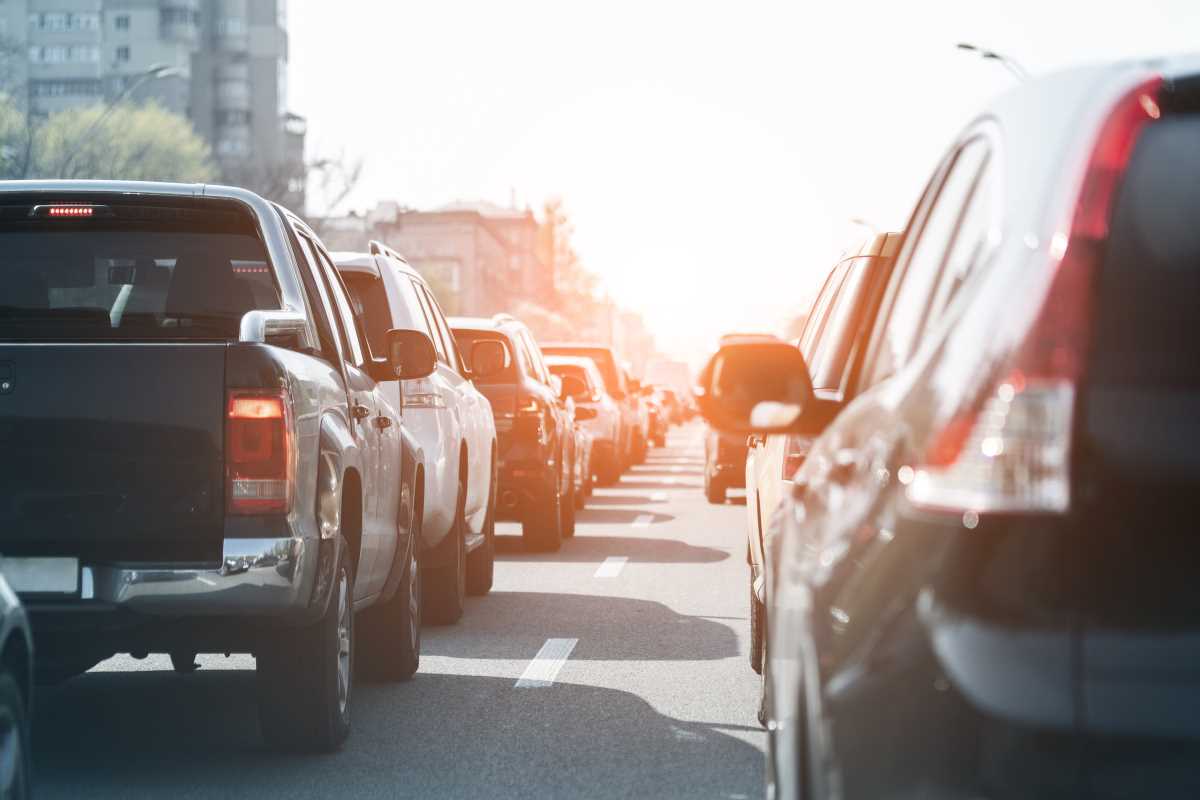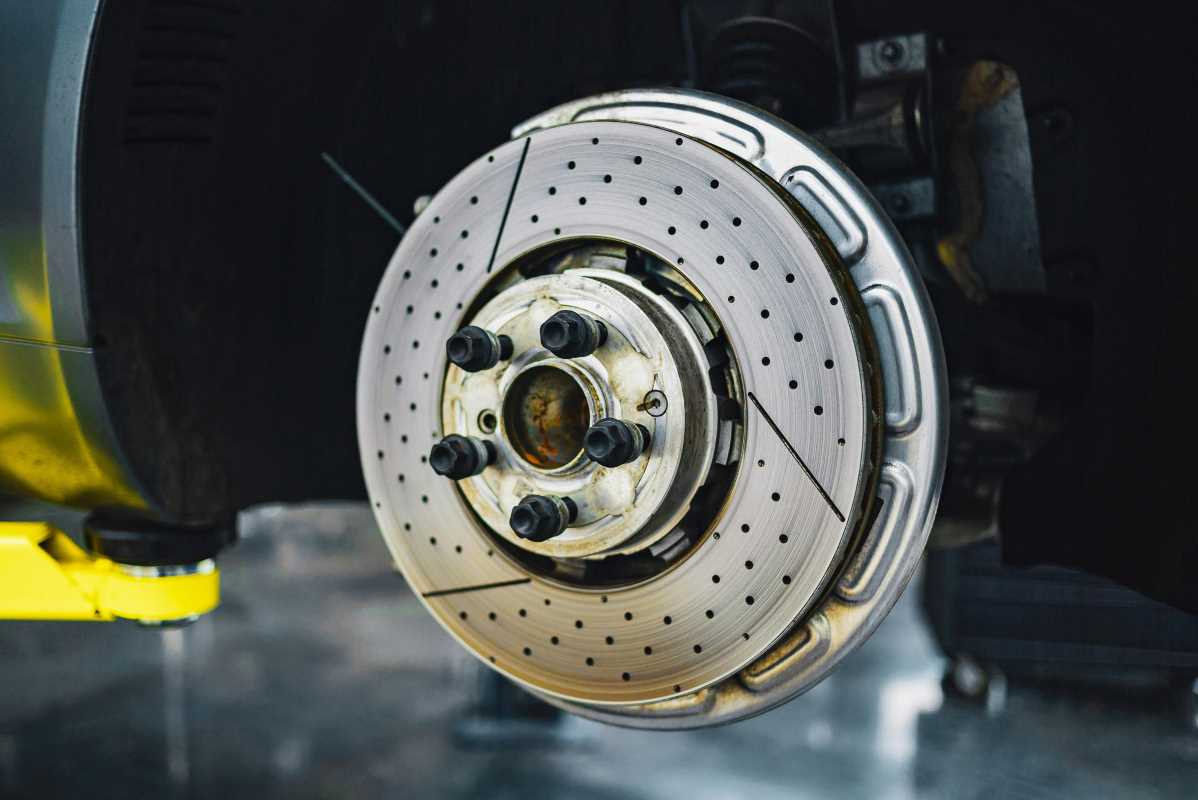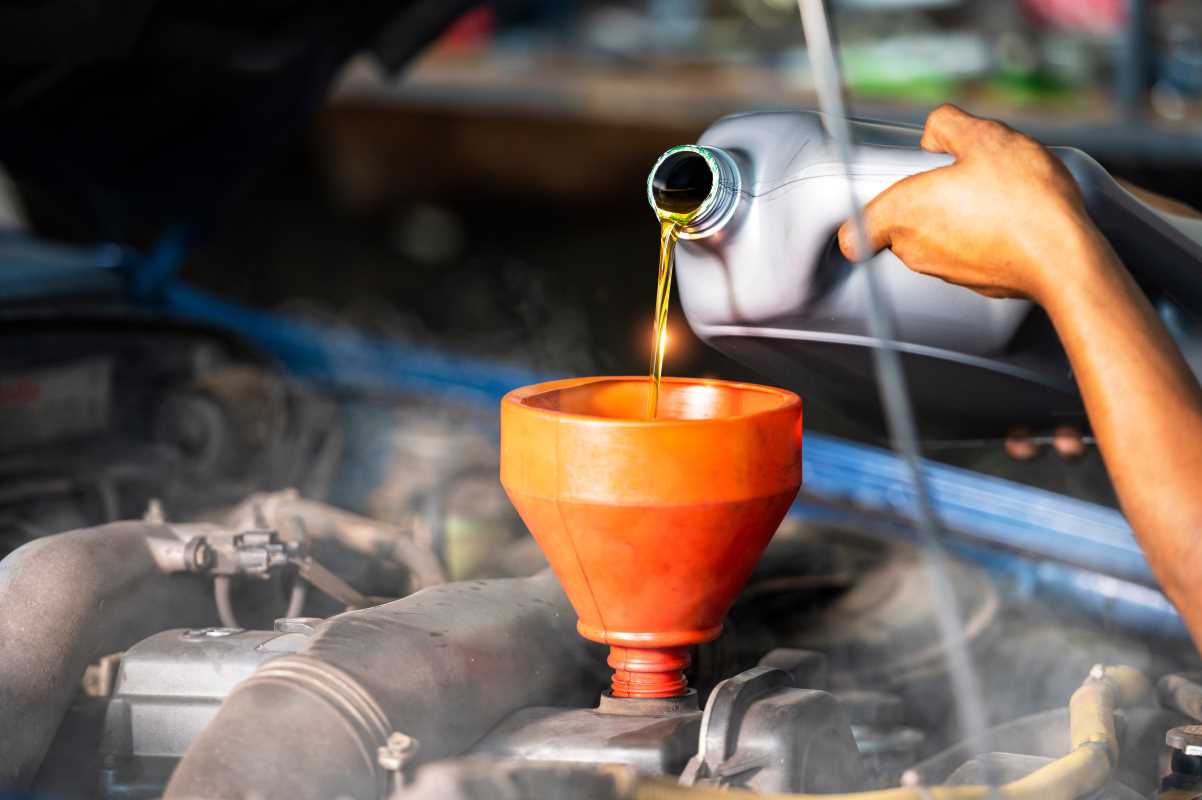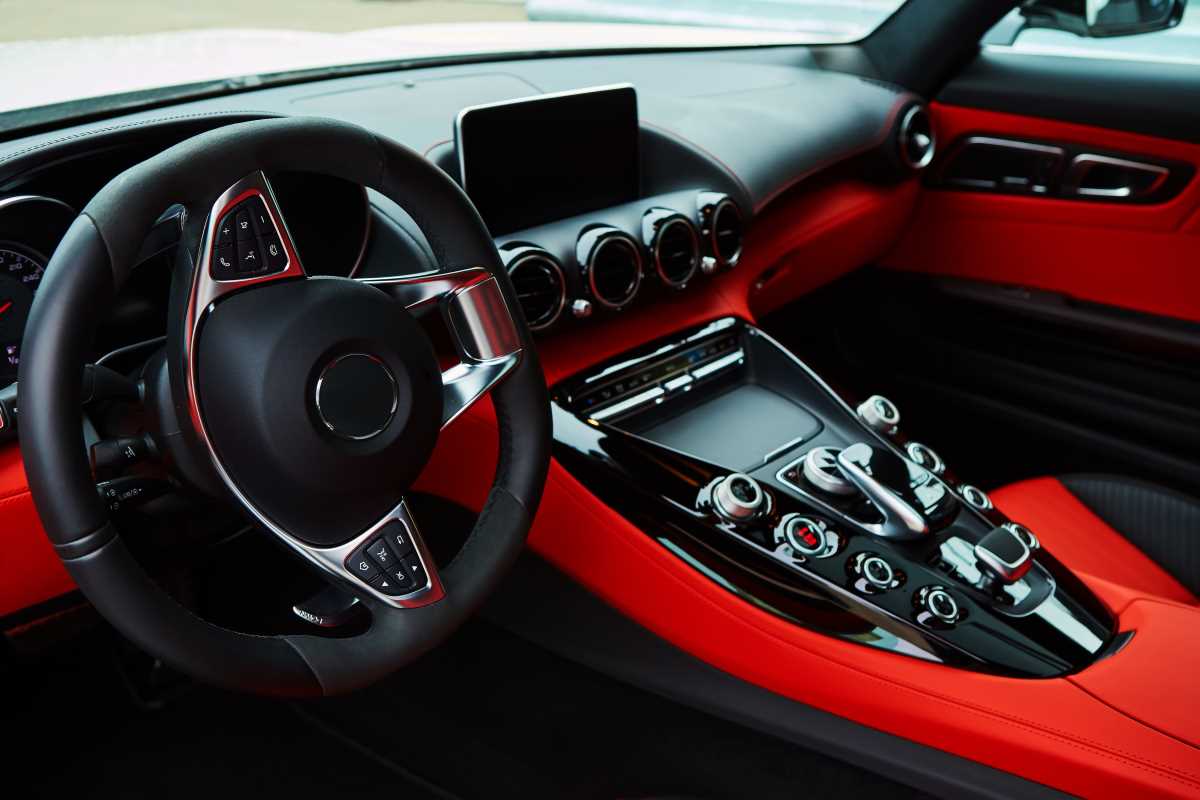Getting my first car was a huge moment. It wasn't fancy—a hand-me-down sedan that had seen better days—but it was mine. That freedom came with a new responsibility: paying for gas. I quickly learned that how I treated my car had a direct impact on how often I had to visit the pump. Over the years, I've figured out a bunch of simple tricks to squeeze a few extra miles out of every gallon.
You don’t need to be a mechanic or buy a brand-new hybrid to improve your car's fuel efficiency. A lot of it comes down to small, consistent habits. Think of these tips as a guide. You can try them all or just pick a few that fit your routine. The key is to find what works for you and your vehicle because every car, just like every driver, is a little different. Let’s get into some easy ways you can save money and be a bit kinder to the planet.
Master Your Maintenance Routine
Think of basic maintenance as setting your car up for success. A well-cared-for car runs more smoothly and uses less fuel. You don't have to spend a fortune; a few simple checks can make a big difference.
Keep Your Tires Properly Inflated
This is probably the easiest and most effective thing you can do. Underinflated tires create more rolling resistance, meaning your engine has to work harder just to move the car forward. I check my tire pressure about once a month, usually when I'm already at the gas station. It only takes a couple of minutes.
Your car has a recommended PSI (pounds per square inch) for its tires. You can find this info on a sticker inside the driver's side door jamb or in your owner's manual. Don't go by the number on the tire itself; that's the maximum pressure the tire can hold. Keeping them at the right level can improve your gas mileage by up to 3%. It might not sound like much, but it adds up.
Use the Right Kind of Motor Oil
Oil is the lifeblood of your engine, and using the right kind matters. Your car’s manufacturer recommends a specific grade of motor oil for a reason. Using a different grade, especially a heavier one, can make the engine work harder, which burns more fuel.
Check your owner's manual for the recommended oil type. When you get an oil change, make sure the shop uses the correct grade. Some modern oils even contain friction-reducing additives that can help boost your efficiency even more.
Get Regular Tune-Ups
I know, taking your car to the shop can feel like a chore. But regular tune-ups are essential for keeping your engine running at its peak. A mechanic can check things like spark plugs, air filters, and oxygen sensors.
A clogged air filter, for example, restricts airflow to the engine, hurting performance and fuel economy. Replacing it is a cheap and easy fix that you can often do yourself. A faulty oxygen sensor can throw off the fuel mixture and increase consumption by as much as 40%. Sticking to a maintenance schedule prevents these small issues from becoming big, gas-guzzling problems.
Lighten Your Load and Be More Aerodynamic
Your car is designed to move through the air with a certain amount of efficiency. Anything that adds weight or creates drag forces your engine to burn more fuel to maintain speed.
Remove Unnecessary Weight
I used to treat my trunk like a mobile storage unit. I had sports gear, old textbooks, and emergency supplies for every possible scenario. I eventually realized I was hauling around an extra 100 pounds for no reason. For every extra 100 pounds in your vehicle, your fuel efficiency can drop by about 1-2%.
Take a few minutes to clean out your car. Remove anything you don't need for your daily commute. That box of stuff you meant to drop off at a friend's house? The bag of winter clothes in the middle of summer? Get it out of there. Your wallet will thank you.
Take Off the Roof Rack
Roof racks are great when you need them for bikes, skis, or luggage. But when they’re empty, they just create wind resistance, also known as aerodynamic drag. A bare roof rack can reduce your fuel efficiency by up to 25% at highway speeds.
It might seem like a hassle, but I always take my rack off when I'm not using it for a while. The design of your car is meant to slice through the air smoothly. A roof rack disrupts that flow, acting like a small parachute. If you can’t remove it easily, at least take off any attachments like bike mounts or cargo boxes.
Drive Smarter, Not Harder
Your driving habits have a massive impact on how much fuel you use. An aggressive driver who speeds, brakes suddenly, and accelerates rapidly can use up to 30% more fuel than someone with a smoother style.
Ease Up on the Pedals
Imagine there's an egg under your gas pedal. You want to press it gently enough not to break it. Rapid acceleration burns a lot of gas. Instead, ease into your acceleration from a stop. The same goes for braking. Look ahead and anticipate stops. Coasting to a red light is far more efficient than speeding toward it and slamming on the brakes.
This is something I had to consciously practice. It feels slower at first, but you get to your destination at pretty much the same time, just with less stress and more gas in your tank.
Maintain a Steady Speed
Your car is most fuel-efficient when traveling at a steady speed. Constant braking and accelerating, common in heavy traffic, is a real gas-guzzler. When you're on the highway, using cruise control is a great way to maintain a constant speed and maximize your mileage.
Of course, this only works on relatively flat terrain. If you're driving through hilly areas, it's better to turn off cruise control and allow your speed to naturally decrease going uphill and increase going downhill.
Avoid Excessive Idling
An idling car gets zero miles per gallon. If you're going to be stopped for more than 60 seconds, it's often more fuel-efficient to turn off the engine. Modern cars are built for this, and restarting doesn't use as much fuel as people think.
I used to sit in my car with the engine running while waiting to pick up a friend. Now, I just turn it off. This applies to drive-thrus, long traffic lights (if you know you'll be there a while), and waiting for a train to pass. It’s a small change that makes a big difference over time.
Improving your fuel efficiency doesn’t require a complete lifestyle overhaul. Start with one or two of these tips, like checking your tire pressure this weekend or cleaning out your trunk. Once you get into the habit, you’ll start to see the savings at the pump. It's about being more mindful of how you drive and care for your car. Experiment and find the combination of tricks that works best for you and your ride.
 (Image via
(Image via





